If it was not happening for real and if it had not concerned India's principal opposition party and one of its most senior leaders, the rather unsavory dismissal of Jaswant Singh would have been seen as a kind of political farce. Mr Singh's book (Jinnah: India, Partition, Independence), released earlier, was in the news because of the raise it lavished on the founder of Pakistan, Mohammad Ali Jinnah. In his book, Mr Singh described Jinnah as a great man who has been "demonised" in India. This praise for Jinnah was unacceptable to some senior Bharatiya Janata Party (BJP) leaders who disagreed with his assessment.
But regardless of the controversy, hardly anyone predicted that praise for Jinnah would lead to such an unceremonious outcome for the former defense finance and foreign affairs minister. Fury at Jaswant Singh has sparked protests by some on the right Mr Singh was not given even an opportunity to explain himself. It is not the first time the founder of Pakistan has come to torment the right-wing Hindu nationalist BJP. In 2005, the then-party president Lal Krishna Advani saw his political career almost coming to an end after he described Jinnah as a secular leader who stood for Hindu-Muslim unity. For the BJP rank and file, such comments from their leader were unacceptable and almost blasphemous. Partition is an emotive issue for many Indians and a majority of them - not just the Hindu right - have grown up believing that Jinnah was the architect of the two-nation theory based on religion. For right-wing nationalist organisations like the RSS - which provides ideological moorings to the BJP and wields considerable clout in it issues like partition and Jinnah's role in it are an article of faith.
They blame Jinnah and his Muslim League for the partition. By the end of 2005, Mr Advani was forced to quit his BJP post and though he did manage to claw his way back to the top rungs of the party leadership (he was the BJP's prime ministerial candidate in parliamentary elections earlier this year) he never fully regained his stature and clout. Jaswant Singh has not been so fortunate. While he will retain his parliamentary seat, his expulsion from the BJP could mean the end of the road in terms of power politics. The party is plagued by infighting, Mr Singh ruled out the possibility of apologising to the BJP leadership and regretted that they did not even bother to seek an explanation from him.
He was also critical of the manner in which BJP leaders resorted to what he described as "thought policing". But for the BJP top brass - which began a "chintan" or introspection meeting in the salubrious climes of the hill town of Shimla on Wednesday - the Jaswant-Jinnah issue is perhaps the least of their worries. Maybe that is why they have been able to take such quick and arguably not very well thought-out action. The other issues confronting India's principal opposition party are far more challenging, serious and fraught with far-reaching implications. Having lost two successive national elections in 2004 and 2009 the BJP is desperately trying to refocus, rejuvenate and reinvent itself. It needs to focus on issues that help it play the role of an effective opposition and win back the support of the people.







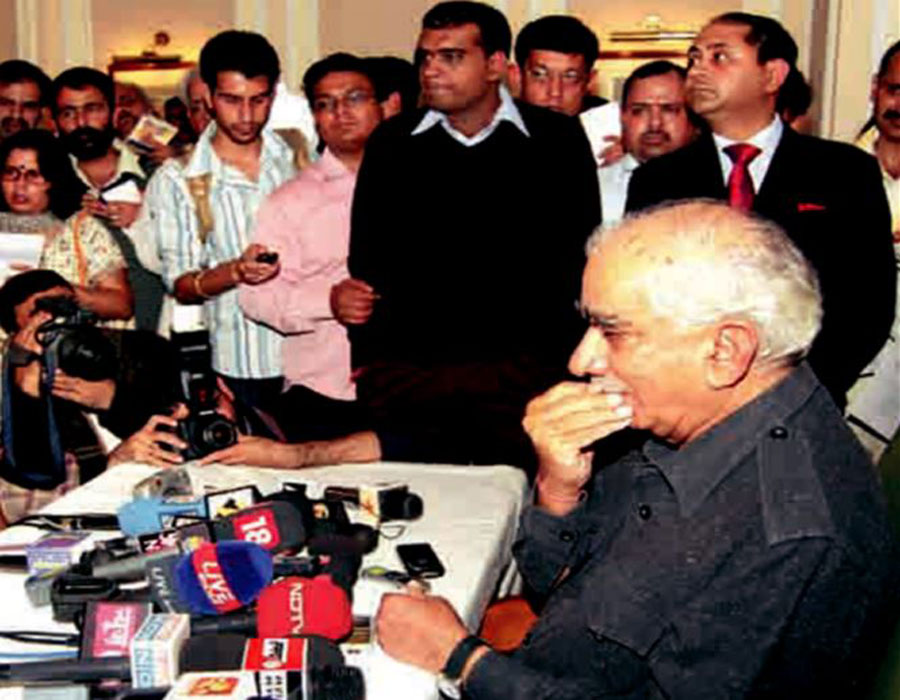
 OpinionExpress.In
OpinionExpress.In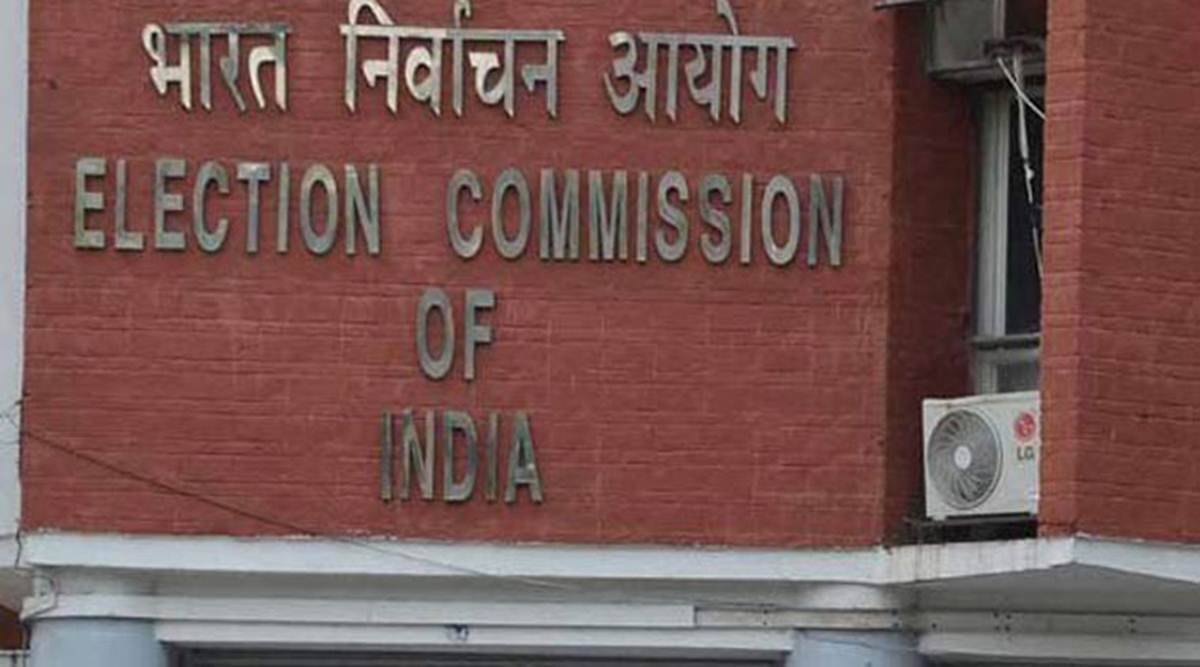
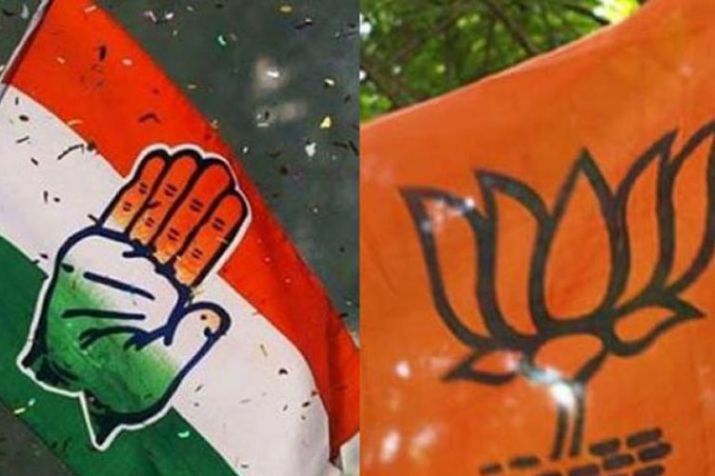
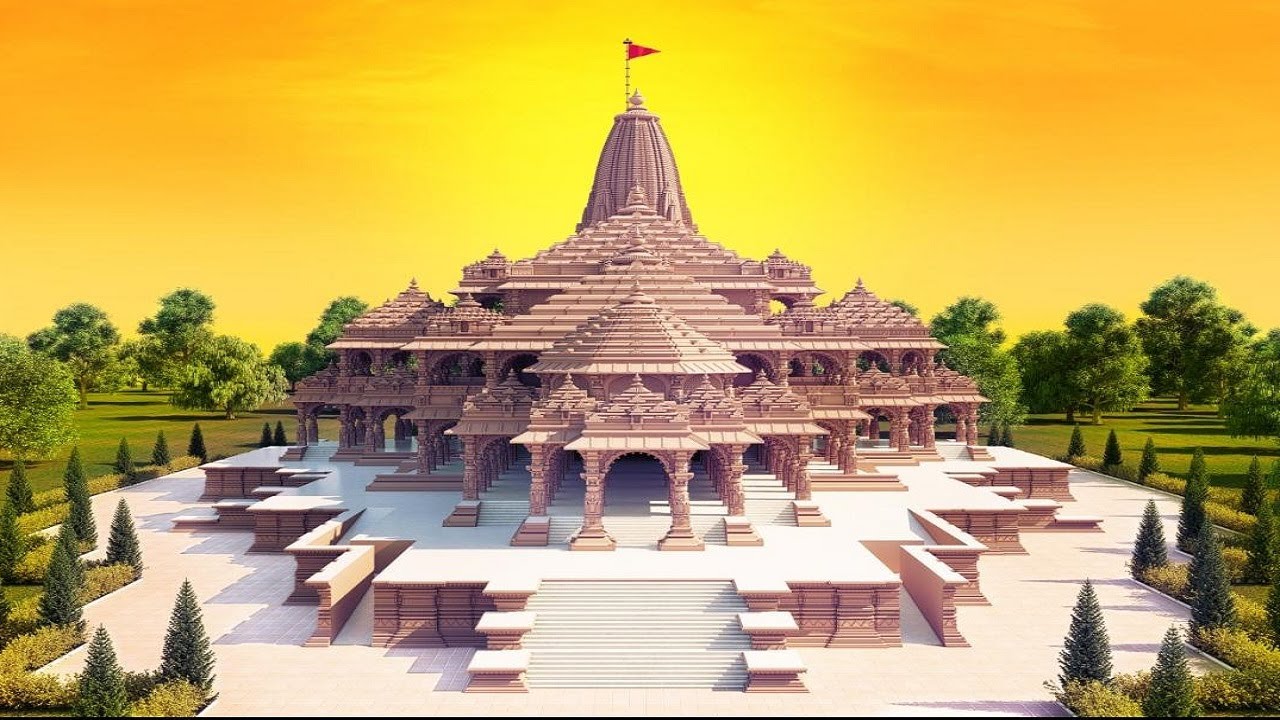
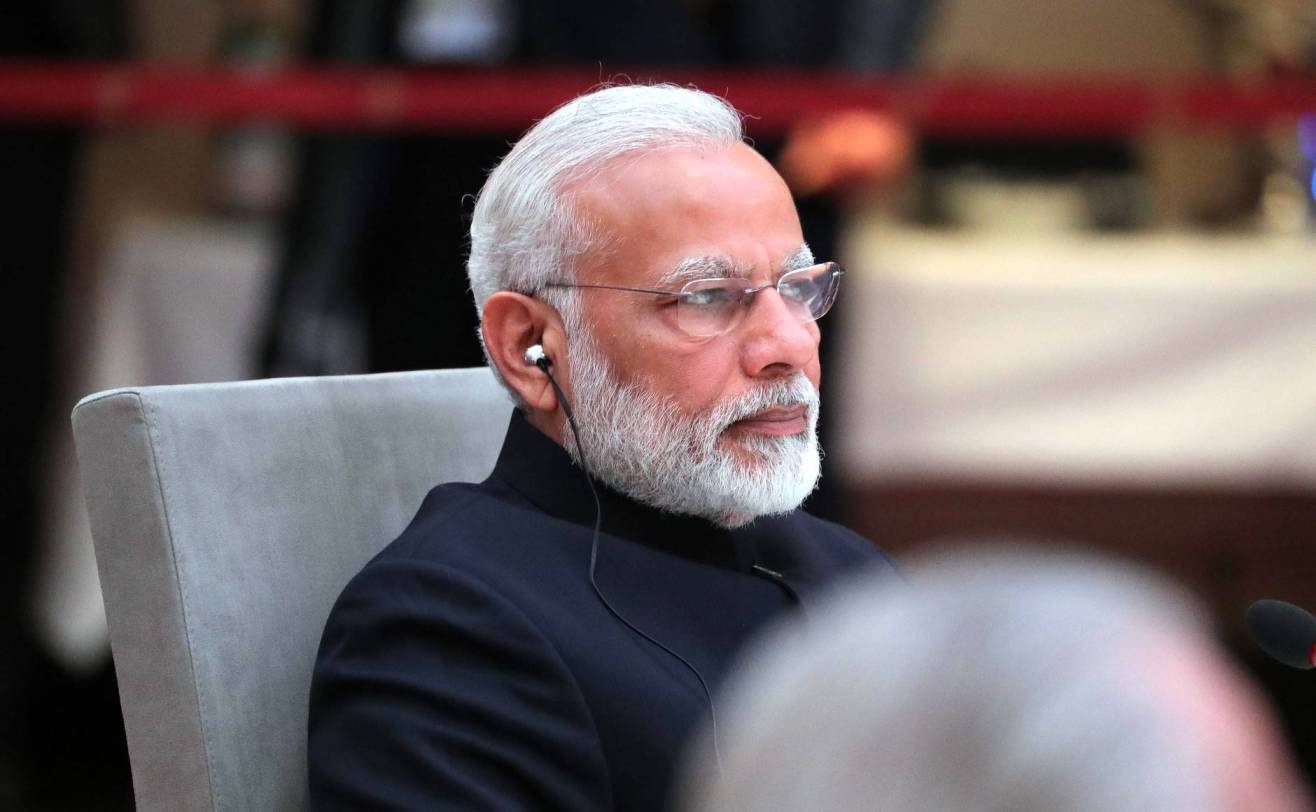


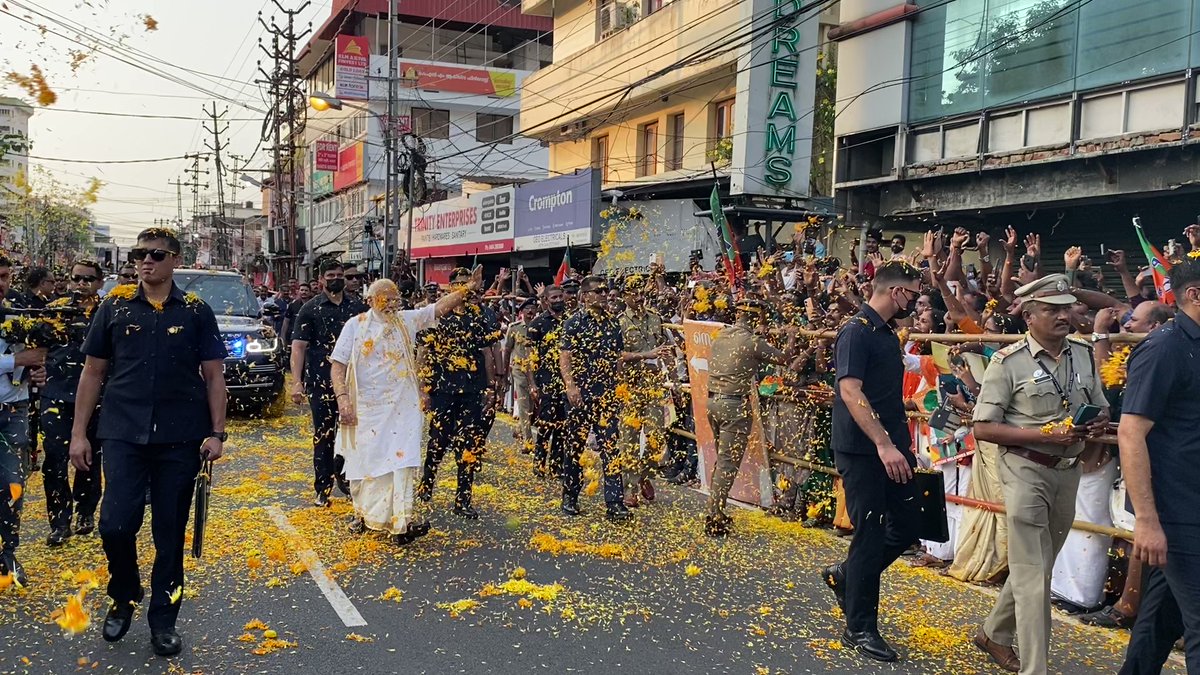
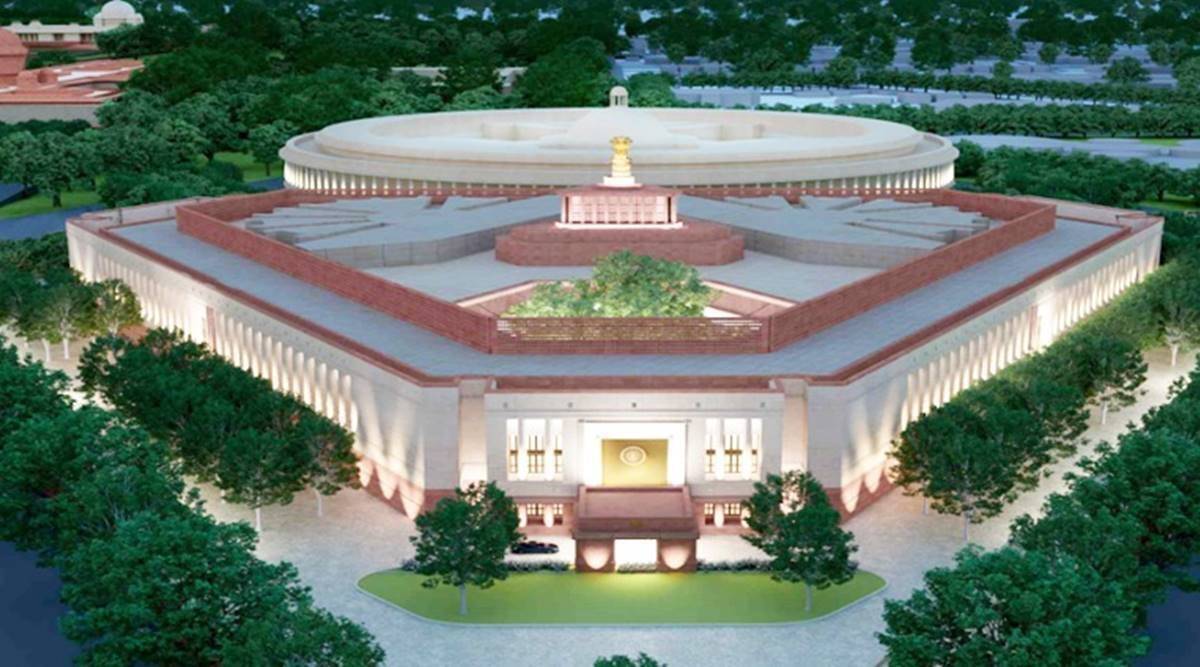

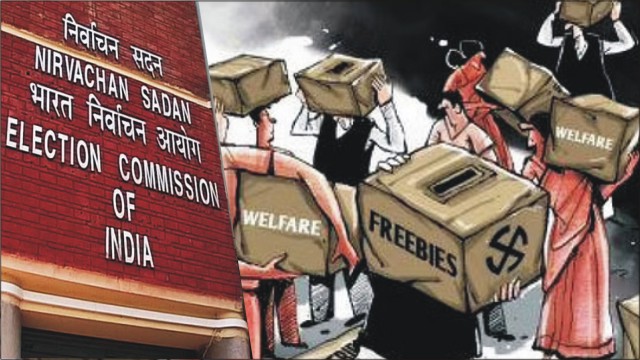






Comments (0)